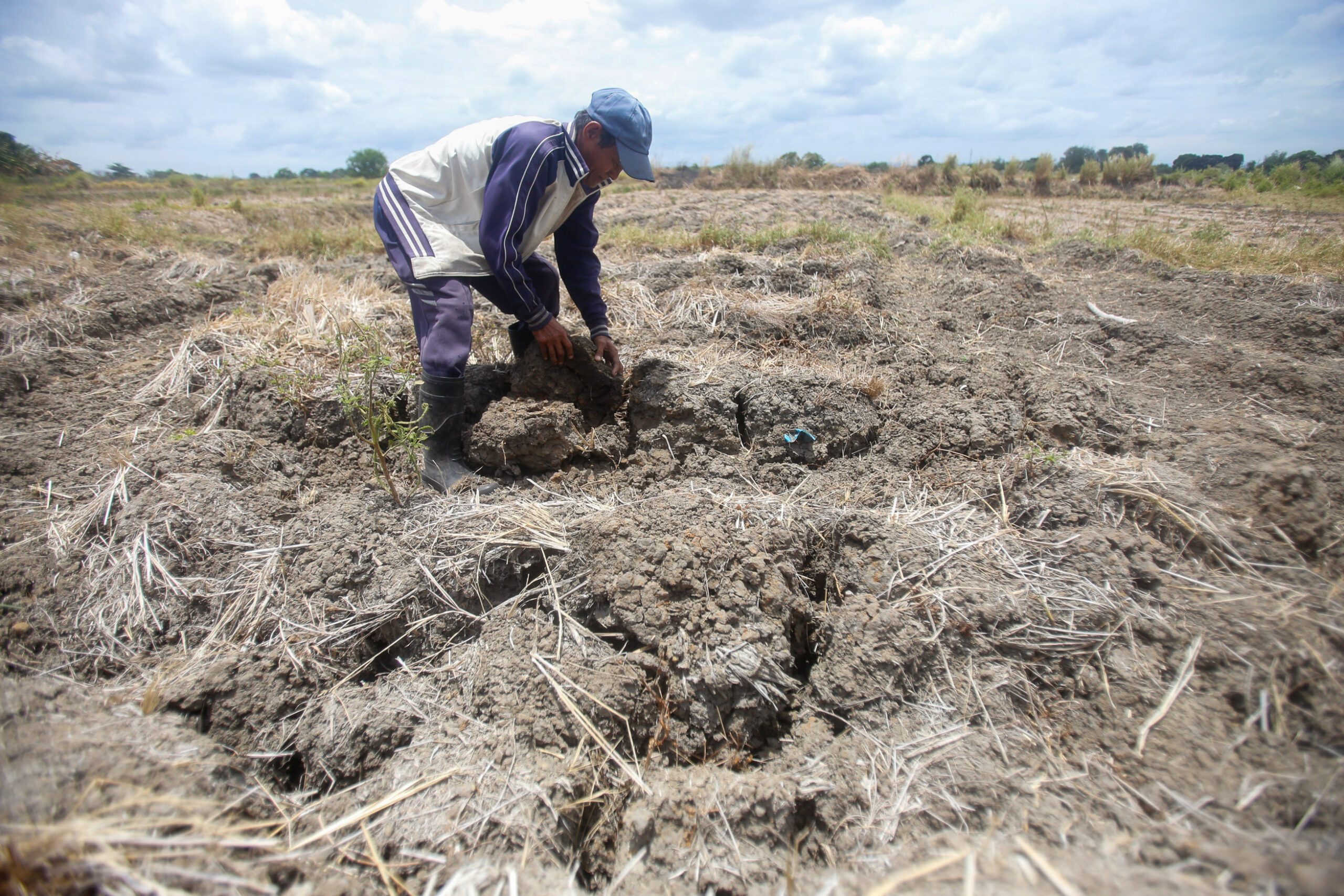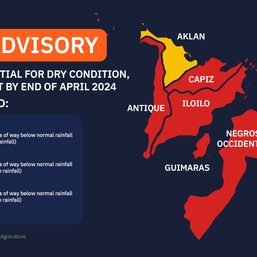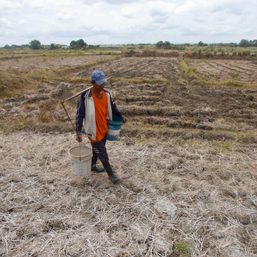SUMMARY
This is AI generated summarization, which may have errors. For context, always refer to the full article.

MANILA, Philippines – Majority of farmlands in the Philippines are suffering from low soil fertility, an official from the Department of Agriculture (DA) said on Saturday, May 20.
Citing the national soil fertility mapping project, DA chief agriculturist Karen Bautista said that 82% of the farmlands in the country have moderate to low levels of soil fertility.
Bautista said the decline was caused by unsustainable agricultural practices and the use of synthetic fertilizers.
These fertilizers do very little to maintain nutrients and soil health. Bautista said farmlands lack major nutrients such as nitrogen, phosphorus, and potassium.
“Karamihan sa mga farmers po natin dependent doon sa inorganic fertilizers o synthetic fertilizers na imported,” she added. (Most of our farmers are dependent on inorganic fertilizers or imported synthetic fertilizers.)
Bautista said the government continues to campaign for the balanced fertilization strategy (BFS), “the combination of organic fertilizers and biofertilizers.”
According to the Fertilizer and Pesticide Authority, the BFS would “enhance the agricultural production landscape with improved soil structure.” It also promotes the “judicious use of fertilizers towards a food-secure and resilient Philippine agricultural industry, with empowered and prosperous farmers and fisherfolk.”
The strategy would also protect farmers from expensive fertilizers. Baustista noted that the pandemic and the Russia-Ukraine crisis caused the upward surge in synthetic fertilizer prices, from P1,500 per bag to around P3,500.
Compounded by El Niño
Low soil fertility drastically reduces farmers’ crop yields.
This problem will be compounded by the upcoming El Niño, a phenomenon that would bring longer dry spells, less rainfall, and water depletion. Without enough water, nutrients are not transported through soil to the crops.
“Iyong agriculture natin meron ng preexisting comorbidities,” House Deputy Speaker Ralph Recto warned in a statement released in April. (Our agriculture already has preexisting comorbidities.)
“On top of this is the recent combined fuel-fertilizer crisis. Foul weather should not be the third,” he said.
The Philippine Atmospheric, Geophysical, and Astronomical Services Administration (PAGASA) says El Niño will emerge in June 2023 and may persist until 2024. – Rappler.com
Add a comment
How does this make you feel?





There are no comments yet. Add your comment to start the conversation.